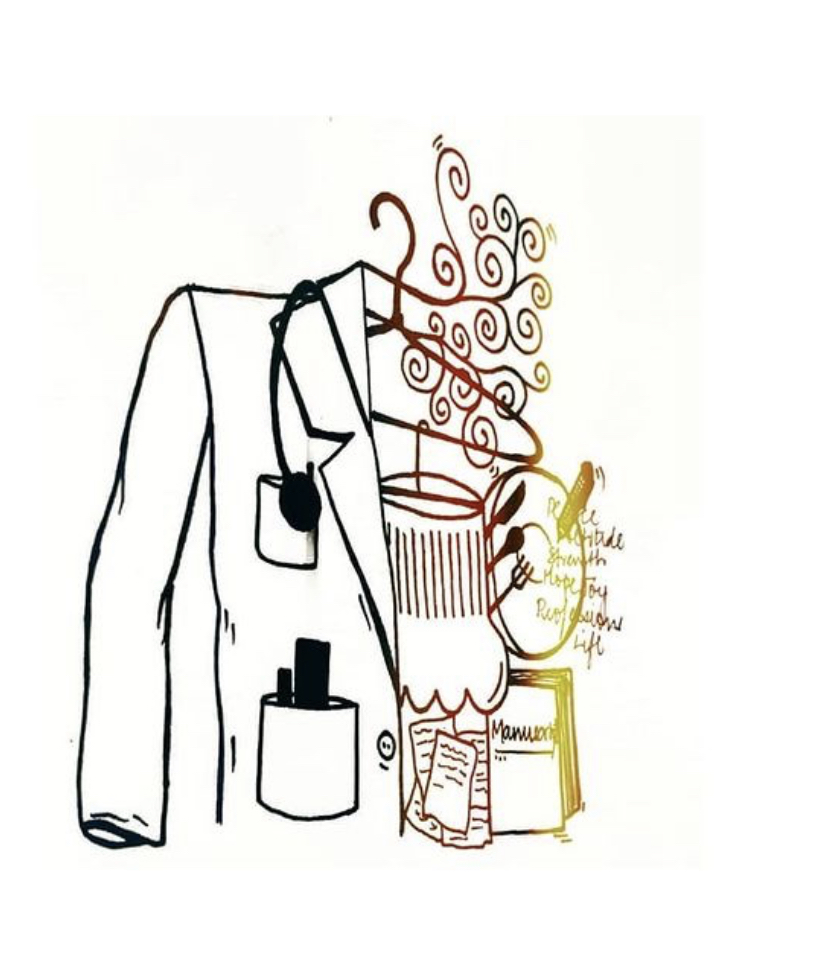Q&A with Dr. Timothy Dyster, MD
In this Q&A, we feature the founder of MedEd Models Dr. Timothy Dyster. Currently a fellow in pulmonary and critical care medicine at the University of California, San Francisco, Dr. Dyster also serves as a resident editor for the Journal of Graduate Medical Education and is the lead contributing editor for the first edition clinical handbook, Huppert’s Notes. He shares his thoughts on medical education and advice for medical students looking to foray into this field.


